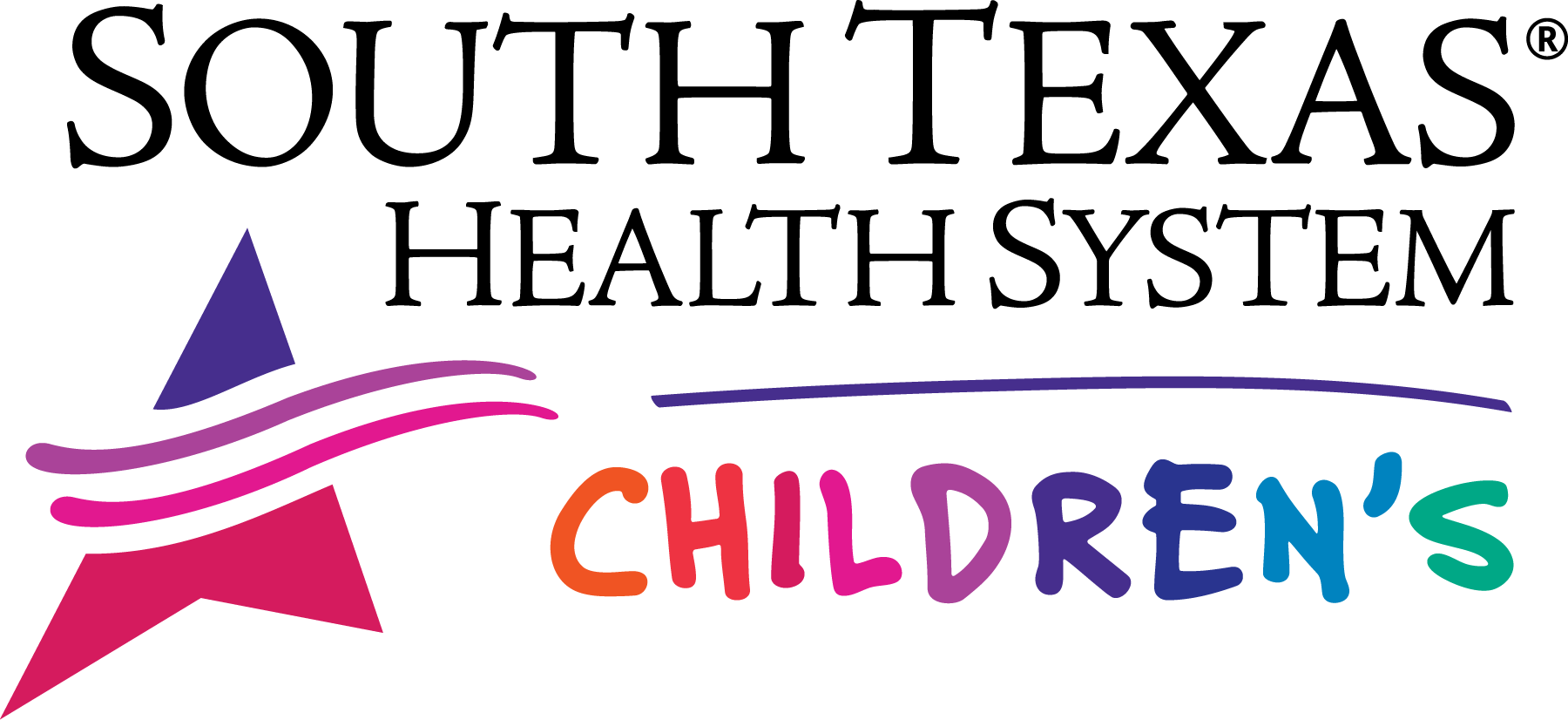Interpreters and Other Services
South Texas Health System Children's offers a variety of special services for patients. To assure that persons with disabilities have an equal opportunity to benefit from services, we provide the following assistance:
- Certified language interpreters are available either on campus or through a contracted interpreter service.
- For persons with hearing impairments: sign language interpreters, tele-interpreters, writing materials, telephone amplification devices or a TTY device.
- For persons with vision impairments: readers, personal assistance, large print or audio-taped materials.
- For persons with speech impairments: writing materials and communications boards.
- For persons with manual impairments: wheelchairs, personal assistance and other lifters.
- Our facility is physically accessible to mobility-impaired persons.
Child Life Services
Child Life Specialists at South Texas Health System Children's focus on the emotional, social, and developmental well-being of hospitalized children and their families to help reduce stress and anxiety and promote effective coping. They are professionally certified and have bachelors or masters degree in child life, child development, family studies or a related field.
Pet Therapy
Inspirational Pets of South Texas provides pet therapy for patients on Mondays. Contact Child Life Services for more information.
End of Life Care and Palliative Care
Giving good, holistic end-of-life care is part of the mission of the caregivers and doctors at South Texas Health System Children's. Holistic care includes pain and symptom management, emotional and spiritual support, inclusion of patient and family members in all decisions, and responsiveness to the needs of the patient and the family. We are dedicated to treating our patients and their family with the utmost respect. Our clinical staff and doctors make every effort to:
- Meet the patient’s and family’s needs in a timely, considerate and empathetic way
- See to it that all tests, interventions, and treatments are explained in an emotionally sensitive and supportive decision making process
- Provide empathetic emotional and spiritual support to all people
Patients are treated as a “whole” person and not just a “disease.” Ultimately, our goal is to listen to our patients and their families, and to provide as much comfort and caring as possible, especially at the end of a patient’s life. Please refer any questions you may have concerning end-of-life care to your physician.
Organ, Tissue and Eye Donation
Donation of organs and tissue is a gift of life and health for many people with serious or life-threatening disease. South Texas Health System Children's works with the Texas Organ Sharing Alliance (TOSA). We will ensure that all patients and families who meet the established criteria are provided the opportunity to discuss organ, tissue and eye donation with TOSA. For more information on organ donation, contact TOSA directly at the toll free number 1-866-685-0277.
Health Insurance Portability and Accountability Act
All departments in South Texas Health System Children's must obtain authorization from the patient or the patient’s personal representative when disclosing protected health information for a purpose other than providing treatment, payment, or healthcare operations. The HIPAA approved authorization form may be obtained from the Medical Records Department. Disclosures made to the patient, to the physicians treating the patient, to insurance companies, or law enforcement officials do not need to be tracked but we must make certain that a consent form (different from authorization form) is in the medical record before the release.
If you need copies of your child's medical record, including but not limited to, reports, films, videos, CDs, or DVDs after discharge, please contact Medical Records. There may be a fee for copying your records.
Ethical Issues
During your hospital stay, issues may arise concerning the extent or course of your child's treatment. If this should occur, you or your family should request to meet with the physicians on the case, the risk manager, the case manager or social worker, or the department director. If this cannot be resolved after meeting with the patient, family and physician, then the dilemma may be referred to the ethics committee. Any of the above can assist you with making this request.
Web Accessibility
South Texas Health System Children's is committed to making our website's content accessible and user friendly to everyone.
Learn more about our commitment to accessibility →
